|
The Bronze Age began around 3,300 BC. It was an era in which the near eastern world knew stability. The mighty Empires of Egypt, Assyria, The Hittites, Babylon, Mitanni and Mycenaean Greece dominated the map, underpinning a thriving 'palace' economy. The eastern Mediterranean would have been thronged with trade boats and the overland routes packed with mules and wagons, carrying to and fro all sorts of ancient commodities: iron, silver, tin, copper, lead; horses, wool and textiles from the Hittite lands; gold and scarab jewels from Egypt and turquoise from the Nile deserts; slaves from Nubia; jasper & Lapis Lazuli from Afghanistan; jewellery and perfumes made in Crete by Minoan artisans; oil and wine from Greece. There were also famous wars between these rivals, but also great peace pacts too. For the peoples of these times, it must have seemed like the ebb and flow of things, as if the empires were eternal, and that the ways of the Bronze Age would last forever. Then, around 1200 BC, everything changed.... It is for good reason that we refer to that period as ‘The Bronze Age Collapse’ – a catastrophic end of an epoch, in which many of the great empires were blown away in a storm of destruction. The aftermath was truly bleak. Civil order gave way to chaos. The delicately balanced trade networks crumbled to nothing. The palace economy (a fragile, dangerously overspecialised system) vanished, to be replaced a few centuries later by dark age Greek village economy. Literacy collapsed – ushering in an age of oral tradition which gave rise to the likes of the Trojan War legend. What caused this collapse? The likelihood is that it was triggered by not one, but many causes. Firstly, the 13th century BC was a time of drought, as palaeoclimatologists have discovered. Pollen samples indicate a long-lasting dry spell, stretching all the way from northern Turkey to the northern Nile Delta. More, tree ring examinations show 5 or more years of uncharacteristically low rainfall in Anatolia. The Hittite tablets confirm this with accounts of drastic crop failure and starvation. They also detail the remarkable deal struck between the Hittite Great Queen, Puduhepa, and the Egyptian Pharaoh, Ramesses II, to arrange relief shipments of grain from Egypt to the Hittite realm. Ramesses also sent his best irrigation experts to attempt to revive Hittite soil, but to no avail – the Bronze Age dams at Arinna and other Hittite sites across Anatolia date to this time and may have been part of these irrigation efforts. Secondly, tin – the crude oil of its day – was growing scarce. Without tin, the armies could produce no bronze, and without bronze, they could no longer flex their muscle in the same way as before. This was most probably the driving force behind the Hittites’ apparent experimentation with iron in the last few generations of their time. Iron ore was plentiful around their Anatolian heartland, and promised to equal or even better the strength and durability of bronze. Thirdly, seismologists have found evidence of an 'earthquake storm' that gripped the near east for most of the 13th century BC. With the Hittite heartlands sitting smack-bang on the fault lines of Anatolia, they suffered the brunt of this. The Hittite capital of Hattusa, the cities of Troy (a close Hittite ally) and Karaoglun all show evidence of seismic trauma. In Greece too, we see evidence of earthquake damage at the ruins of a whole host of key cities: Mycenae, Tiryns, Midea, Thebes, Pylos, Kynos, Lefkandi, Menalaion, Kastanas, Korakou, Profitis Elias, Gla. And in the levant, the cities of Ugarit, Megiddo, Ashdod and Akko have the same characteristic damage. So too Enkomi on Cyprus. Fourthly, we come to the Sea Peoples. Who, I hear you ask? Some believe they were a fierce horde of northwestern invaders who blazed and razed their way across the near east world in a frenzy. Others would say they in fact arose from within the empires of the time. Some claim they were in fact an unmanageably huge tide of refugees, driven to seek new lands by the drought. The origins of the Sea People is an almighty tangent, which I explore more fully in this companion blog article. All we know is that they arrived in – or possibly arose from – the near east world… and proceeded to churn it into oblivion in two major waves, the first a mainly coastal movement, the second one plunging deep inland. Within a period of forty to fifty years at the end of the thirteenth and the beginning of the twelfth century almost every significant city in the eastern Mediterranean world was violently destroyed, many of them never to be occupied again. These four factors - drought, tin shortage, earthquakes and invasion - combined to tear down the landscape of civilization and bring the Bronze Age to an end. The Hittite Empire* and the Mycenaean world were wiped from the face of the earth, while a battered Egypt and a much-reduced Assyria limped on into the Iron Age. *One tiny Hittite enclave survived, giving rise to the lesser Neo-Hittite Kingdoms.
3 Comments
Dr.James
11/15/2022 04:37:43 am
Brilliantly written. Very educational.
Reply
1/9/2023 09:13:58 am
To Dr.James. Yes, I agree. Gordon Doherty writes with great clarity of complex matters
Reply
1/9/2023 09:11:35 am
Nice summary. All major points covered. It has come to appear that the Mycenaean kingdoms in Hellas suffered several major uprisings of the common people, likely including Dorians, against the palace-fortress kingdoms. This set the Achaian (Achaean) warriors to the sea to seek new homelands and continue their life of war and pillage. They became the predominant group among the Sea Peoples raiding Anatolia (including Troy?), Alasiya (Cyprus), the Near East, and finally, and unsuccessfully, Egypt.
Reply
Leave a Reply. |
AuthorGordon Doherty: writer, history fan, explorer. My Latest BookArchives
March 2023
Categories |
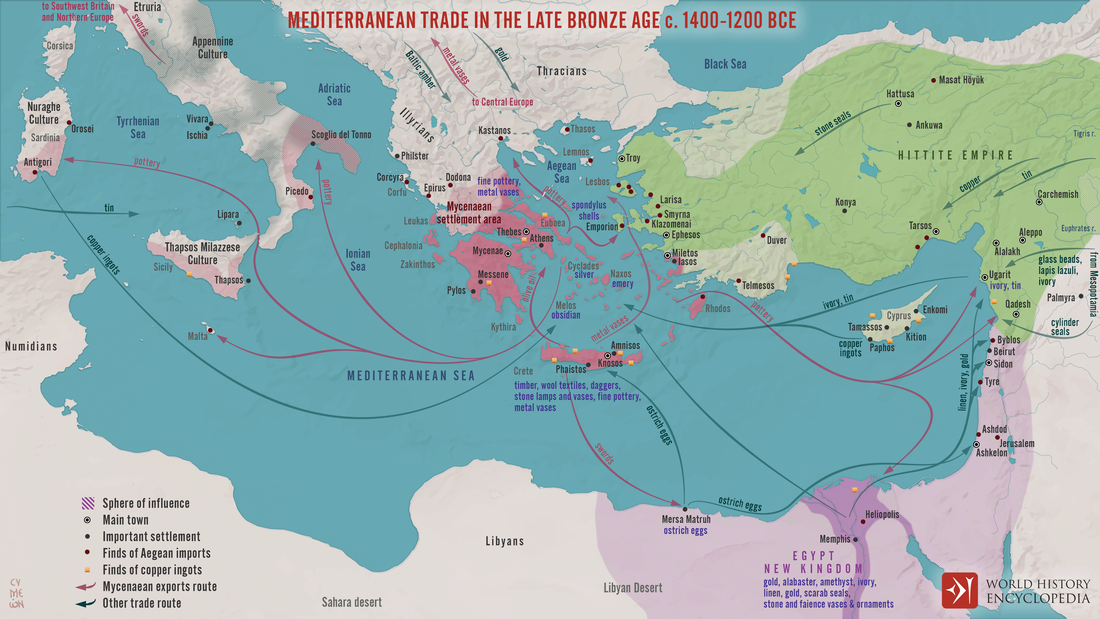
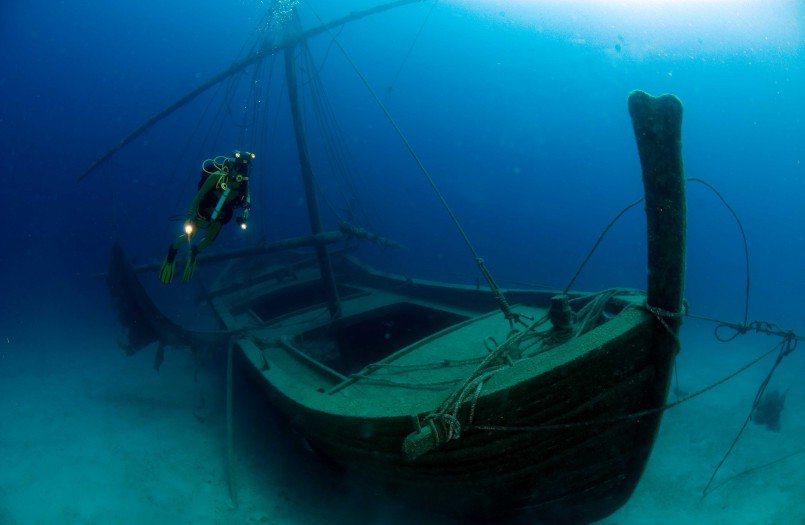
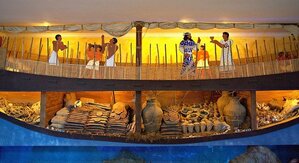
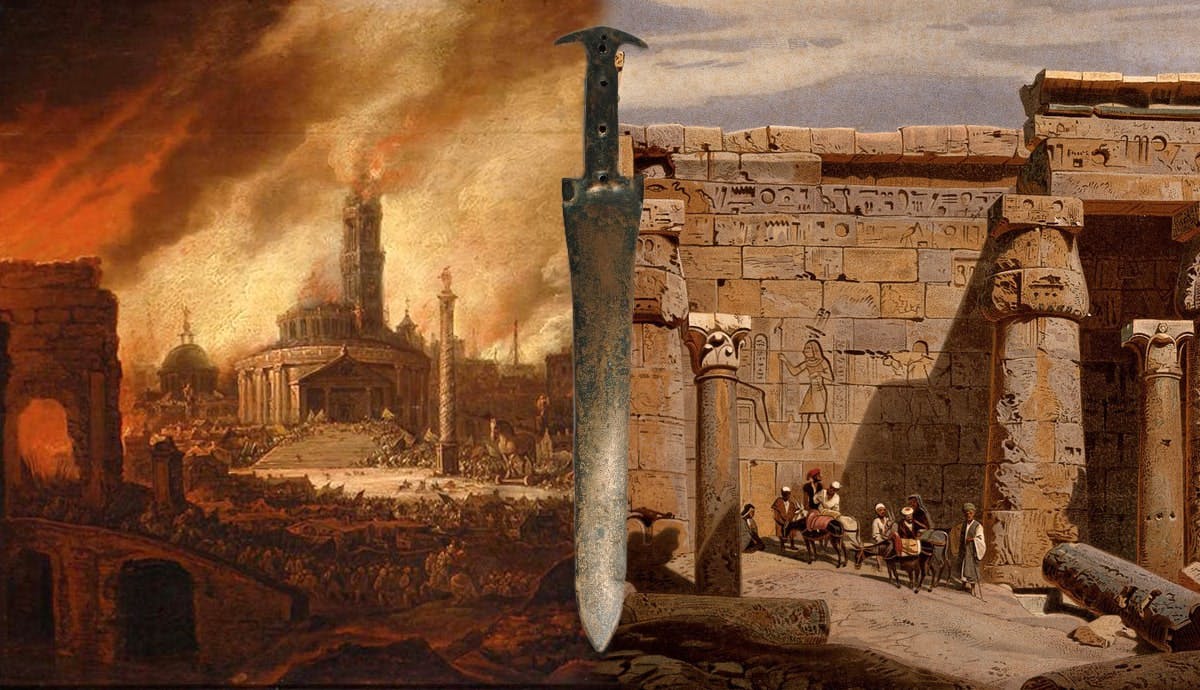
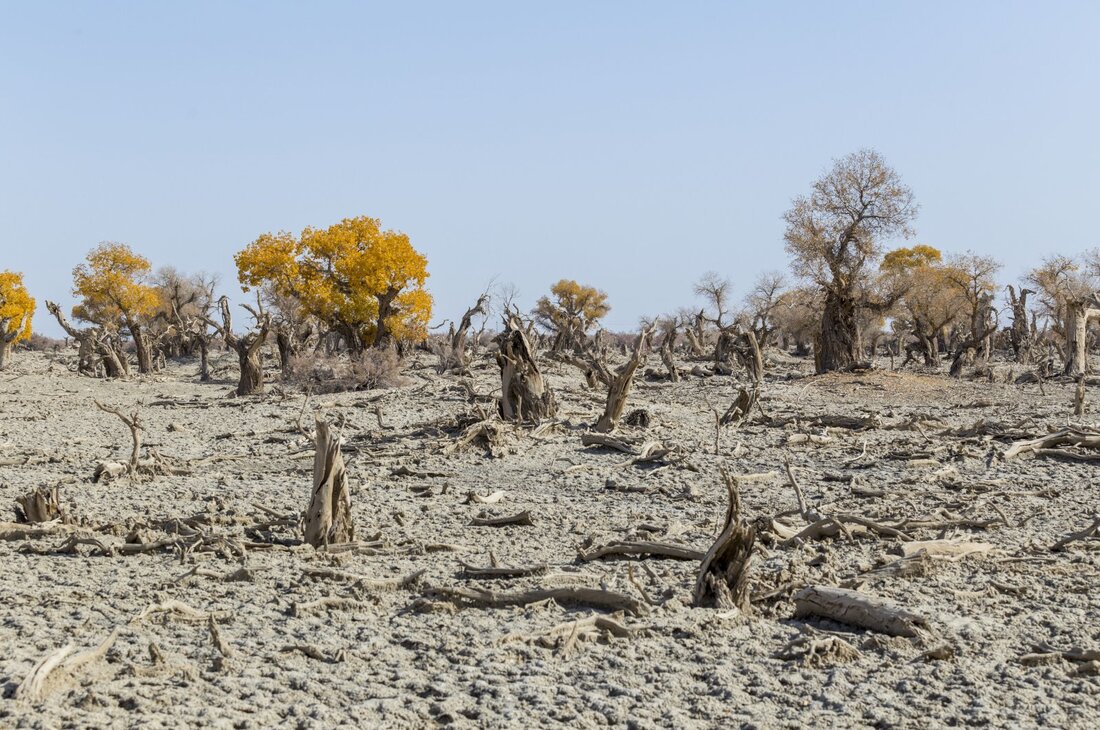
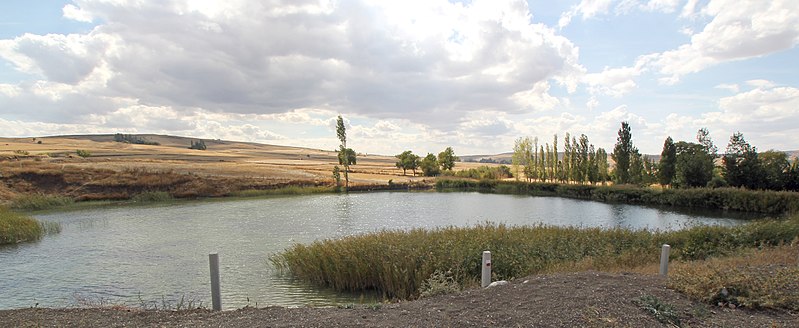
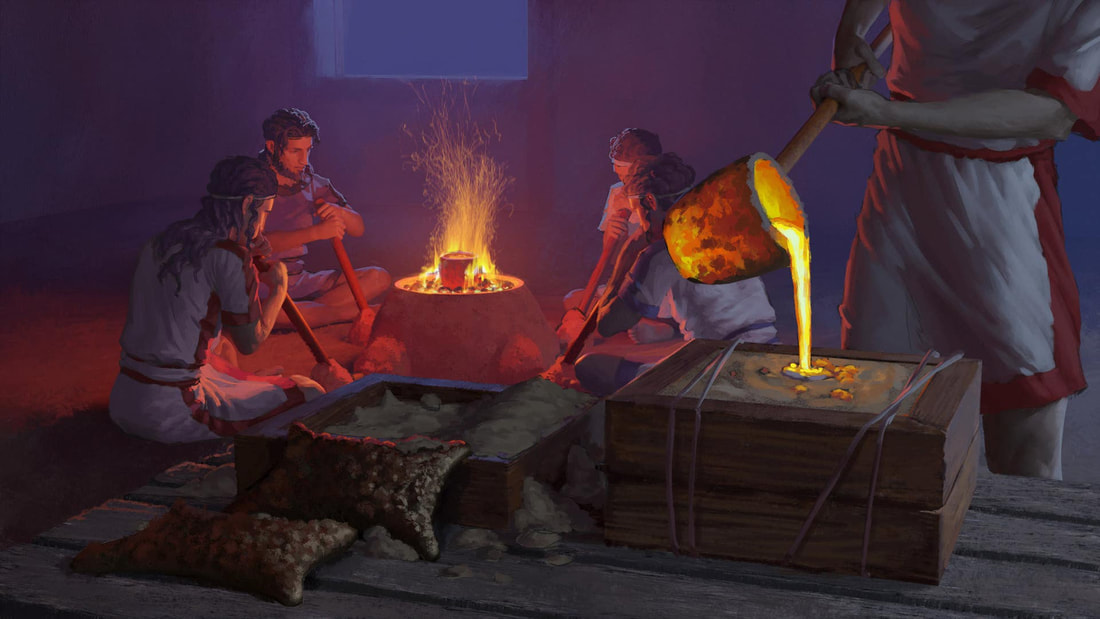
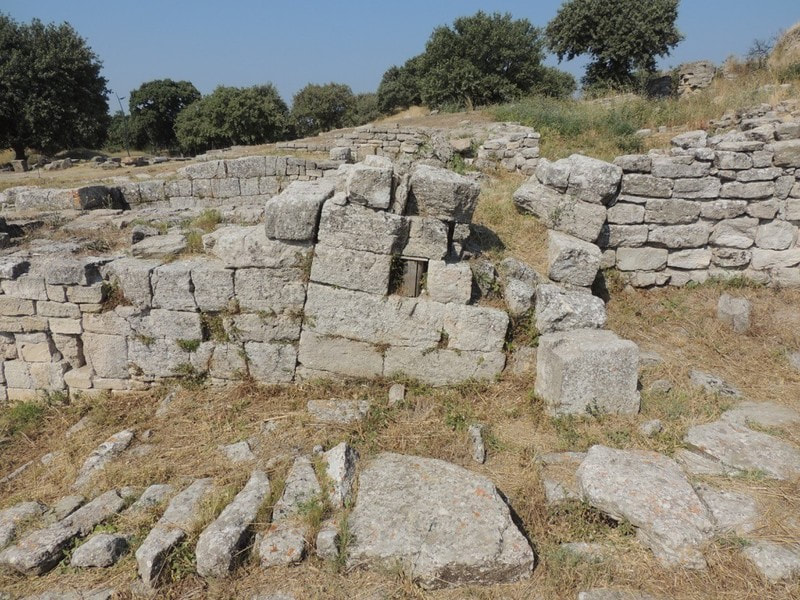
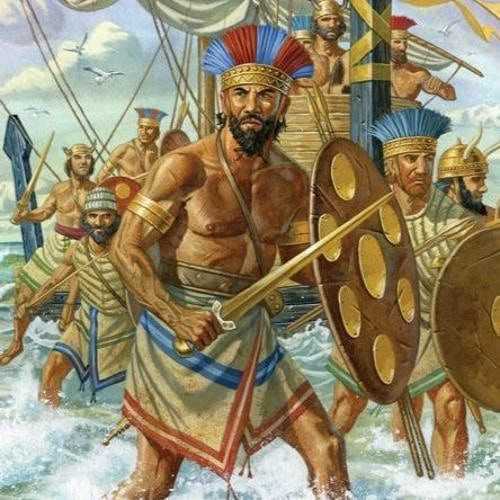

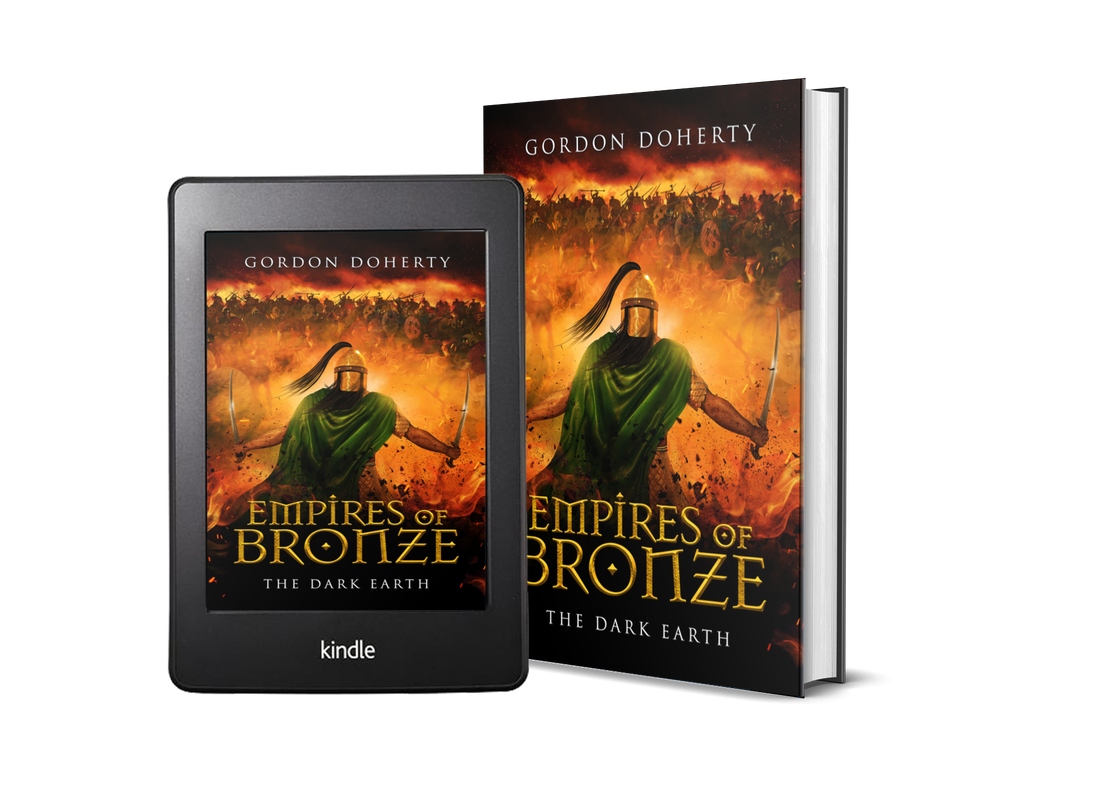


 RSS Feed
RSS Feed